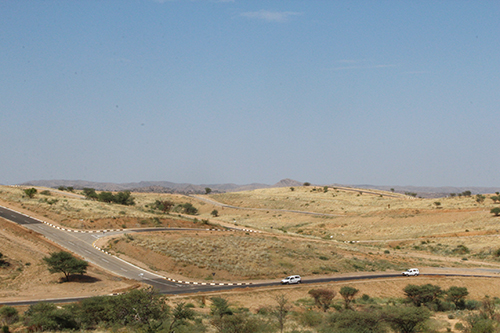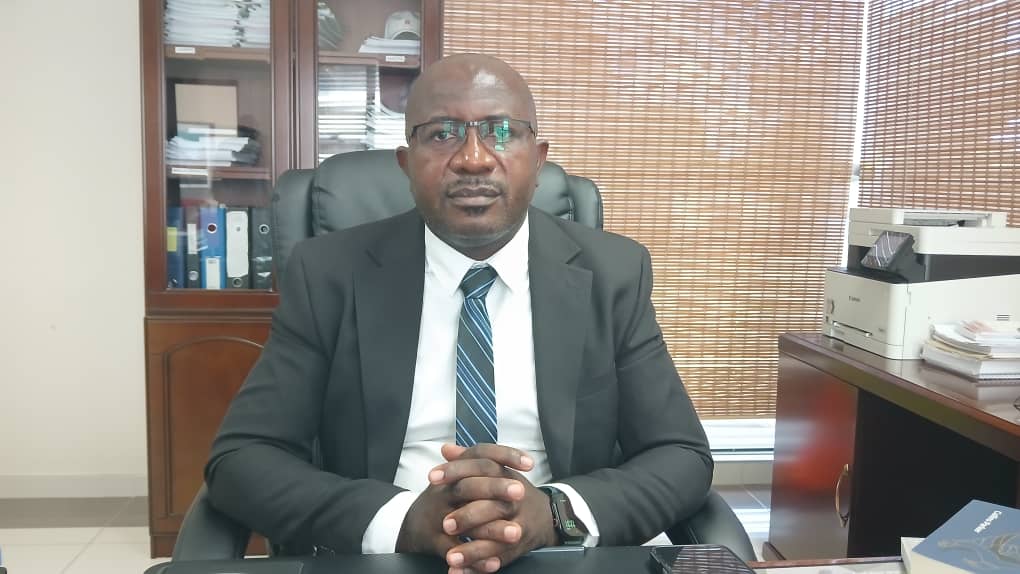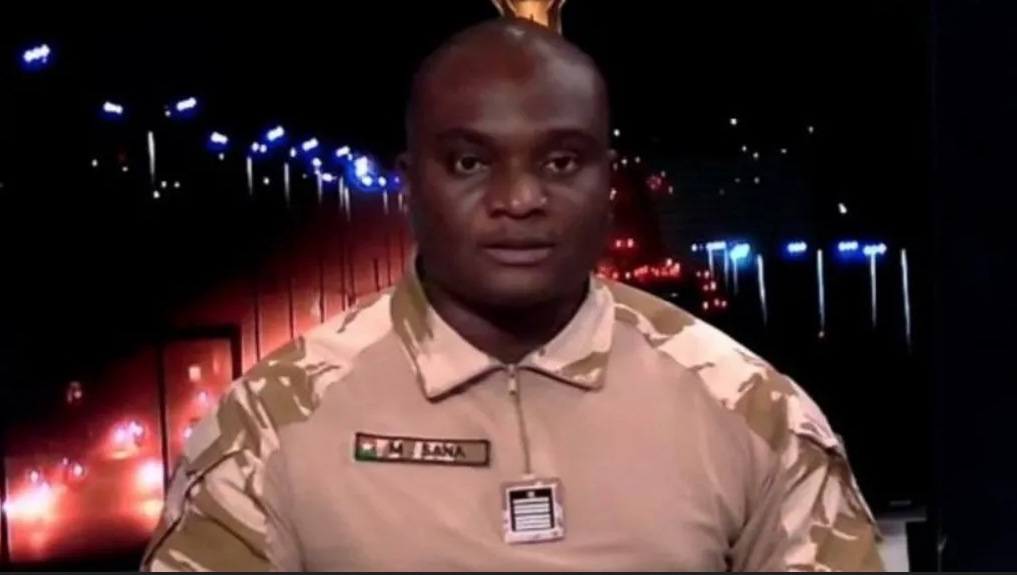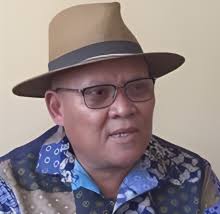DAGGERS have been drawn over land following Windhoek mayor Muesee Kazapua’s declaration that they will not bow down to pressure and intimidation to meet any deadline.
Kazapua’s declaration comes a few days before the planned mass application for urban land by the Affirmative Repositioning campaign spearheaded by suspended Swapo youth leader Job Amupanda.
Speaking to The Namibian at a two-day workshop on land delivery at a lodge outside Windhoek yesterday, Kazapua said Affirmative Repositioning will not get any special treatment. Referring to the 14 000 applications submitted to the Windhoek
municipality by mostly youth under the auspices of Affirmative Repositioning last year, Kazapua said these “will not get special treatment and will be attended to as per normal procedure”.
“They are not special. We have a backlog of applications dating back to 2003, so they will have to wait like everyone else. We are not going to ignore them, but they will not get special treatment,” Kazapua asserted.
Kazapua further said: “If they take the land, the law will take its course. There is no way you can grab land. They will be arrested. Land belongs to the City and like any other local authority we have measures in place.”
Amupanda yesterday said he remains unshakable and that they will go ahead as planned.
“It is good to know they will keep giving land to themselves and their concubines. If that is his position, we will take that message to our landless people and urge them to start saving money for their housing materials,” Amupanda stated.
Affirmative Repositioning is the brainchild of Amupanda and two other youth leaders – George Kambala and Dimbulukeni Nauyoma – who allocated themselves a piece of land in Kleine Kuppe, saying they wanted to build their own houses because they were tired of paying high rentals.
They were also reacting to reports that the Windhoek municipality was giving land to councillors, their children and ‘special’ members of society under questionable circumstances.
The campaign saw more than 14 000 applications for land being submitted to the Windhoek municipality, which brought the total applications on the housing waiting list to 26 181.
In December last year, Windhoek municipality manager for corporate communications and customer care Joshua Amukugo said there is a difference between applying for land and being offered land, when asked about the normal waiting period.
“Local authorities have a constitutional responsibility of offering serviced land to the people. This means, offering land after having connected that piece of land to basic services such as water, sewerage, electricity and road networks,” Amukugo said, adding that this involves huge capital, which the municipality does not have.
To reduce the huge backlog in the allocation of houses, as well as to improve on land service delivery, the City of Windhoek is holding a two day land delivery workshop which started yesterday and ends today.
Kazapua said the workshop will review the City’s systems of operations by looking at existing policies and methods of land sale, and will also attempt to find medium term solutions to the problem.
“The workshop will also look at ways of dealing with the current backlog and strategies to improve our administrative processes.”
He said there is a shortage of serviced land and the cost involved in servicing it is prohibitively high. Added to this is the cumbersome process involved in the allocation of land, which limits the provision of affordable housing especially to the low-income segments of society. “It is evident that the challenge is not only lack of houses, but equally the acute shortage of serviced plots for housing and commercial development. This state of affairs was brought about mainly by the lack of adequate financial resources and bureaucracy in the land delivery process.”
Kazapua denied that the workshop was held because of the upcoming nationwide mass land applications, saying it was long overdue as some of the delays are caused by outdated laws and processes.
Stay informed with The Namibian – your source for credible journalism. Get in-depth reporting and opinions for
only N$85 a month. Invest in journalism, invest in democracy –
Subscribe Now!










